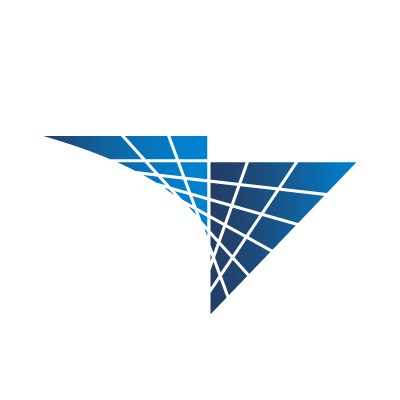Corporate Crackdown: The Rise of Mouse Jigglers in Remote Work
June 19, 2024, 9:31 am

Location: United States, District of Columbia, Washington
Employees: 1001-5000
Founded date: 2007
Total raised: $950K

Location: United States, California, San Francisco
Employees: 1-10
In the ever-evolving landscape of remote work, a new phenomenon has emerged - the use of "mouse jigglers" to deceive employers and appear productive while away from their computers. Recent reports have shed light on companies like Wells Fargo taking a firm stance against this deceptive practice, leading to the termination of over a dozen employees who were found to be engaging in the simulation of keyboard activity to create the false impression of active work.
The concept of mouse jigglers, devices that simulate mouse movements to keep a computer appearing active, has become increasingly popular as more employees work remotely. These tools allow individuals to maintain the appearance of productivity even when they are not actively engaged in work tasks. However, the recent crackdown by companies like Wells Fargo highlights the risks associated with such deceptive practices and the consequences that employees may face if caught.
The firing of employees in Wells Fargo's wealth and investment management unit for using mouse jigglers raises important questions about the efficacy of current monitoring tools in accurately assessing employee productivity. While these tools are designed to track and measure work output, the prevalence of technologies like mouse jigglers challenges their ability to provide an accurate representation of an individual's actual contributions to the organization.
As the remote work trend continues to gain momentum, the battle between employees seeking to deceive monitoring systems and companies striving to maintain accountability and transparency intensifies. The use of mouse jigglers represents a growing challenge for employers as they seek to ensure that remote workers are fulfilling their responsibilities and contributing effectively to the organization.
While the availability and affordability of mouse jigglers make them an attractive option for employees looking to deceive monitoring systems, companies are increasingly implementing measures to detect and prevent such deceptive practices. The ongoing evolution of monitoring technologies and strategies underscores the importance of maintaining trust and integrity in remote work environments.
In conclusion, the rise of mouse jigglers in remote work environments highlights the complex dynamics at play between employees and employers in the digital age. As companies strive to adapt to the changing landscape of work, addressing issues related to productivity monitoring and accountability becomes paramount. The crackdown on mouse jigglers serves as a reminder of the importance of ethical conduct and transparency in the modern workplace.
The concept of mouse jigglers, devices that simulate mouse movements to keep a computer appearing active, has become increasingly popular as more employees work remotely. These tools allow individuals to maintain the appearance of productivity even when they are not actively engaged in work tasks. However, the recent crackdown by companies like Wells Fargo highlights the risks associated with such deceptive practices and the consequences that employees may face if caught.
The firing of employees in Wells Fargo's wealth and investment management unit for using mouse jigglers raises important questions about the efficacy of current monitoring tools in accurately assessing employee productivity. While these tools are designed to track and measure work output, the prevalence of technologies like mouse jigglers challenges their ability to provide an accurate representation of an individual's actual contributions to the organization.
As the remote work trend continues to gain momentum, the battle between employees seeking to deceive monitoring systems and companies striving to maintain accountability and transparency intensifies. The use of mouse jigglers represents a growing challenge for employers as they seek to ensure that remote workers are fulfilling their responsibilities and contributing effectively to the organization.
While the availability and affordability of mouse jigglers make them an attractive option for employees looking to deceive monitoring systems, companies are increasingly implementing measures to detect and prevent such deceptive practices. The ongoing evolution of monitoring technologies and strategies underscores the importance of maintaining trust and integrity in remote work environments.
In conclusion, the rise of mouse jigglers in remote work environments highlights the complex dynamics at play between employees and employers in the digital age. As companies strive to adapt to the changing landscape of work, addressing issues related to productivity monitoring and accountability becomes paramount. The crackdown on mouse jigglers serves as a reminder of the importance of ethical conduct and transparency in the modern workplace.
